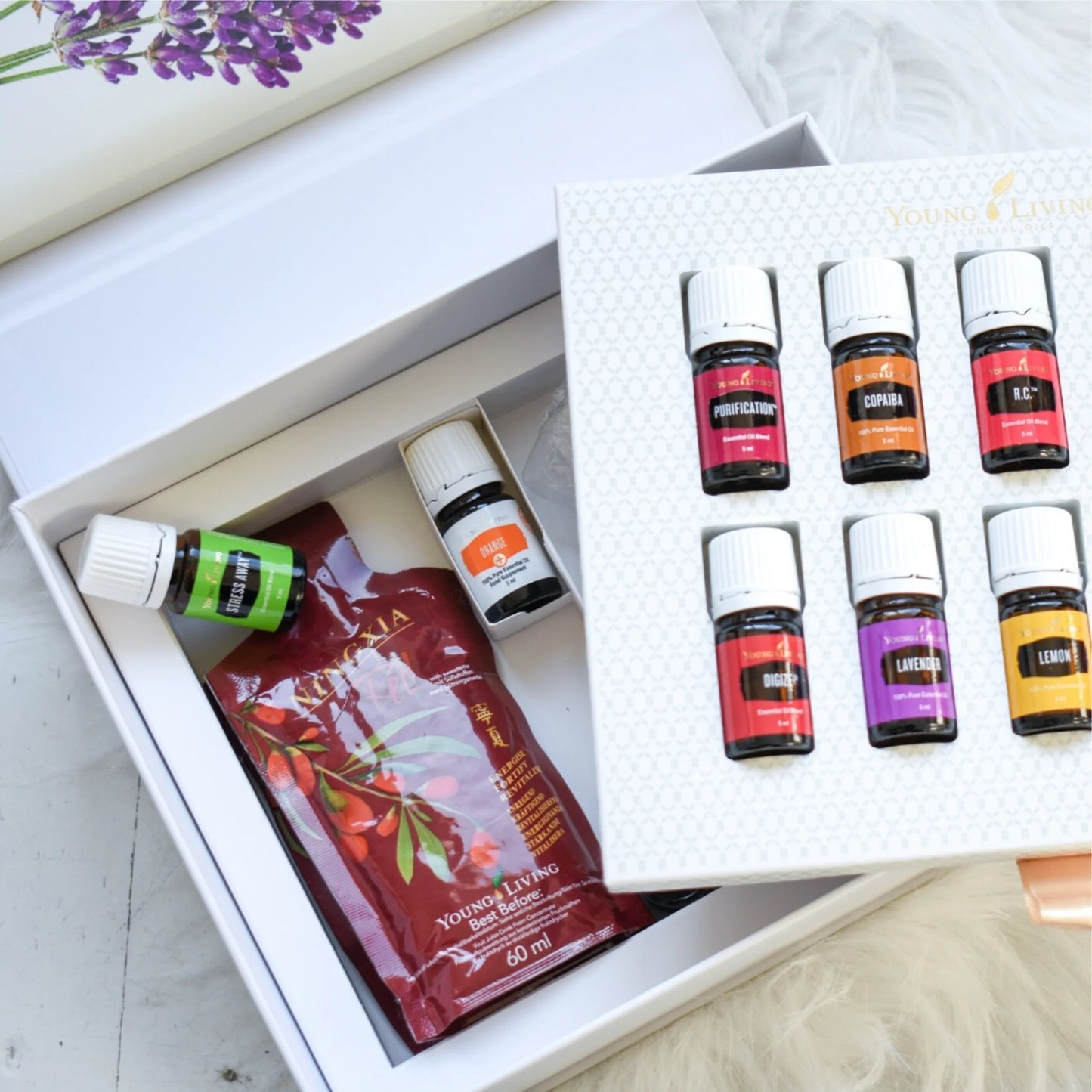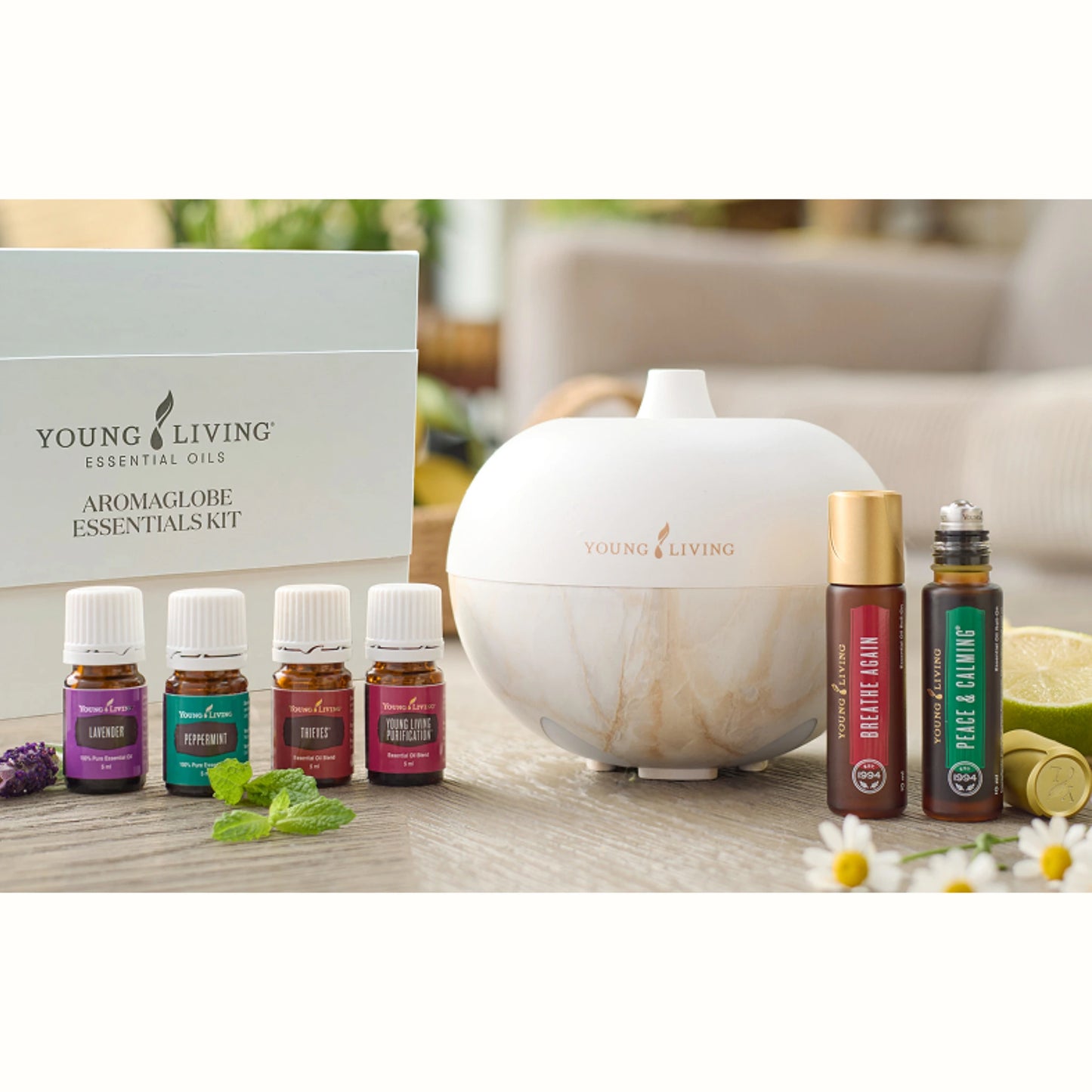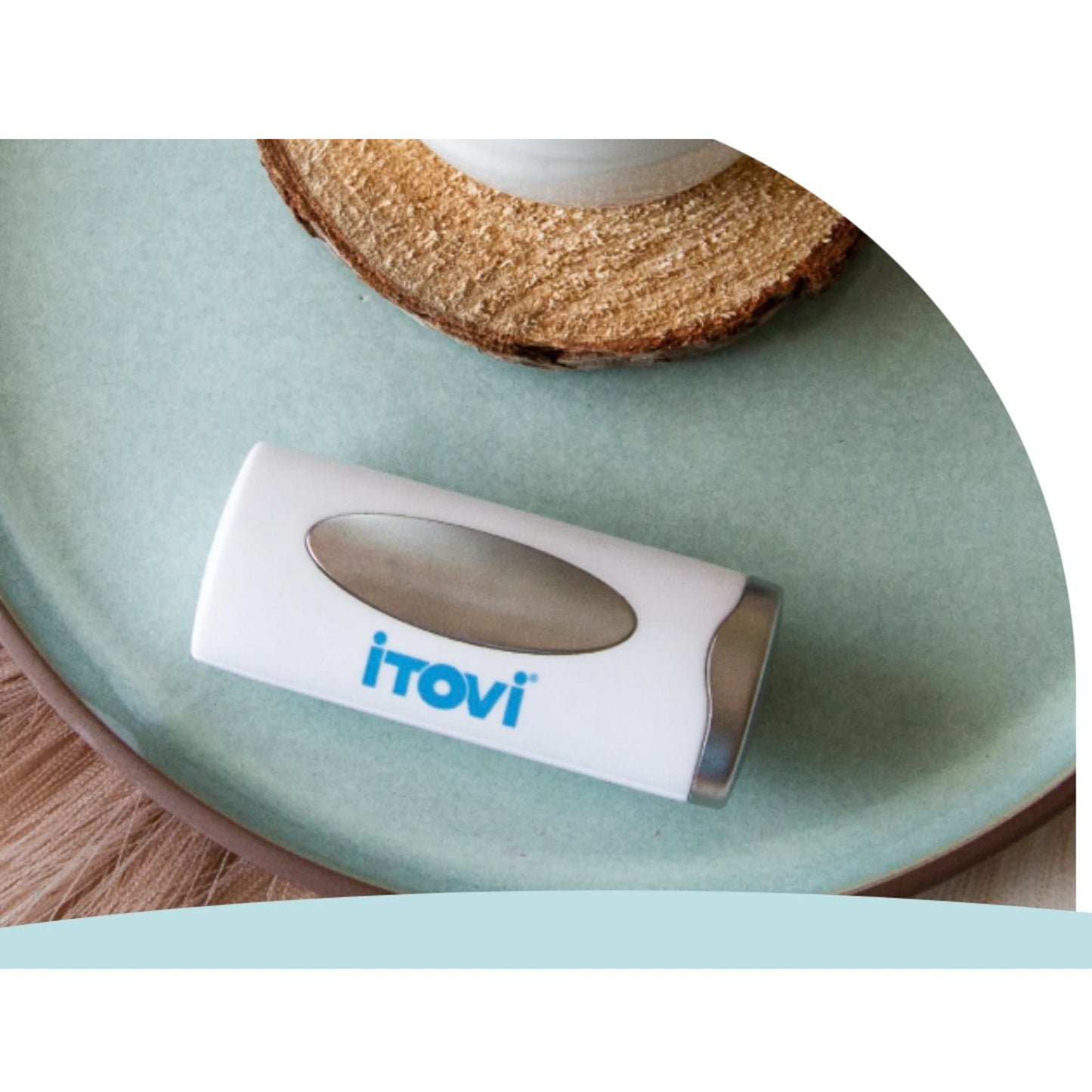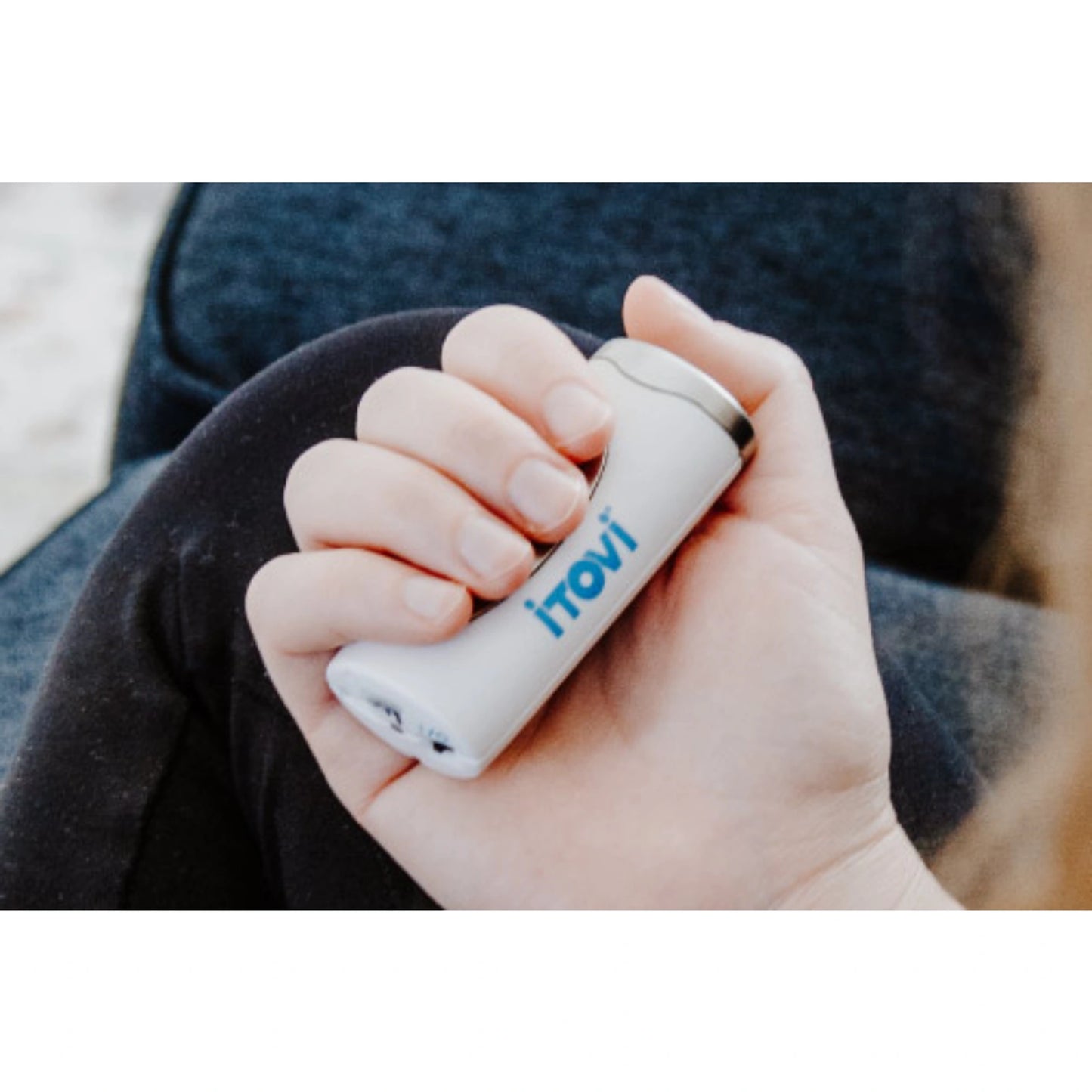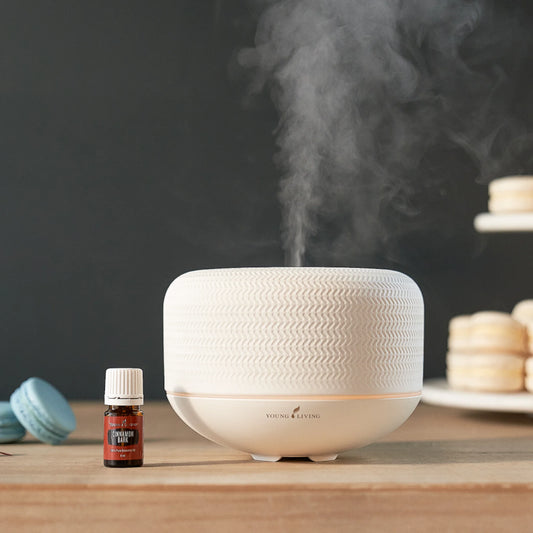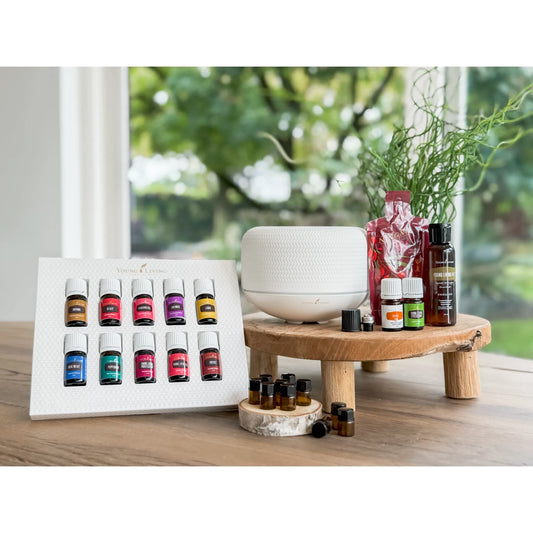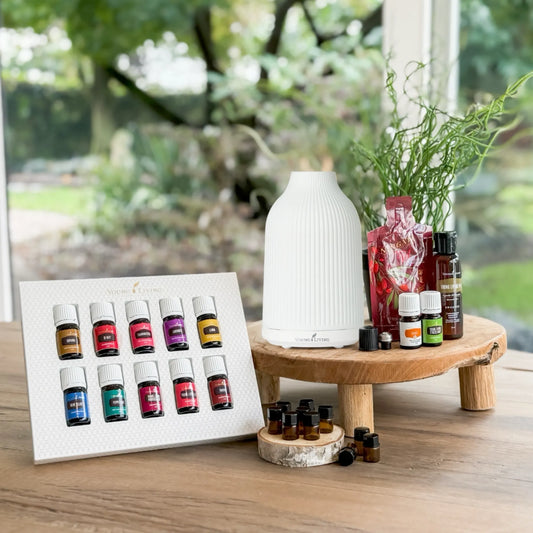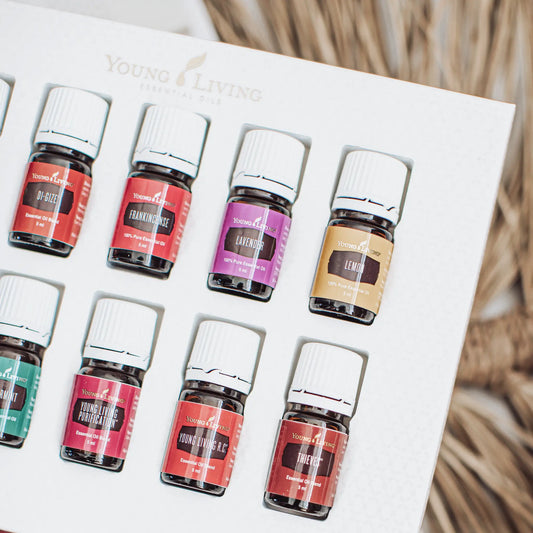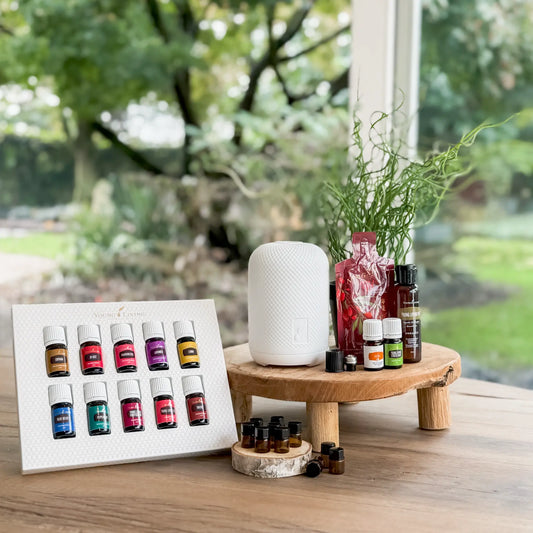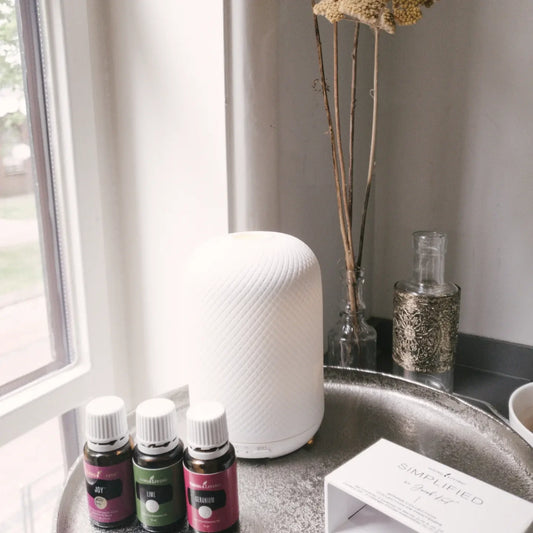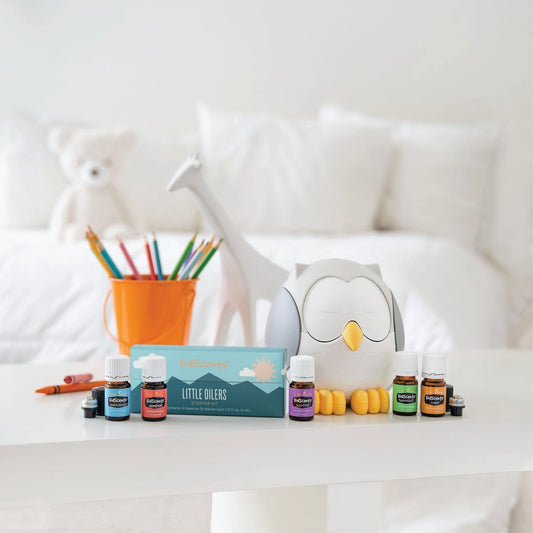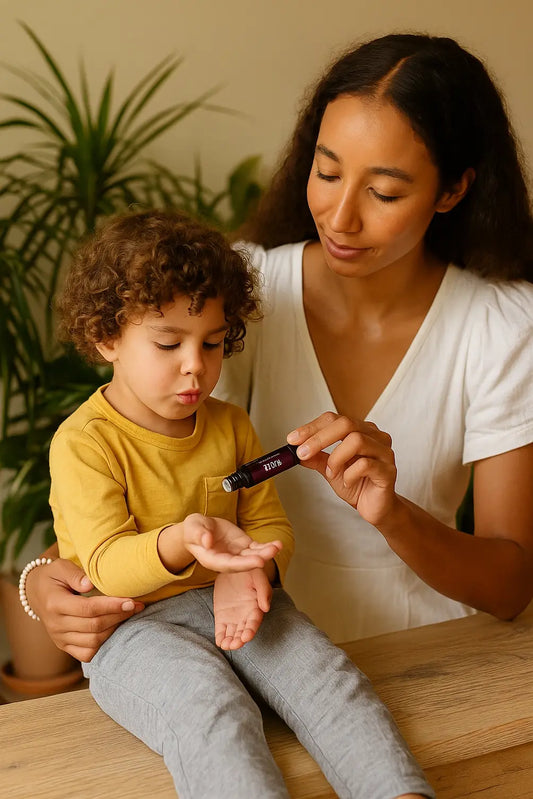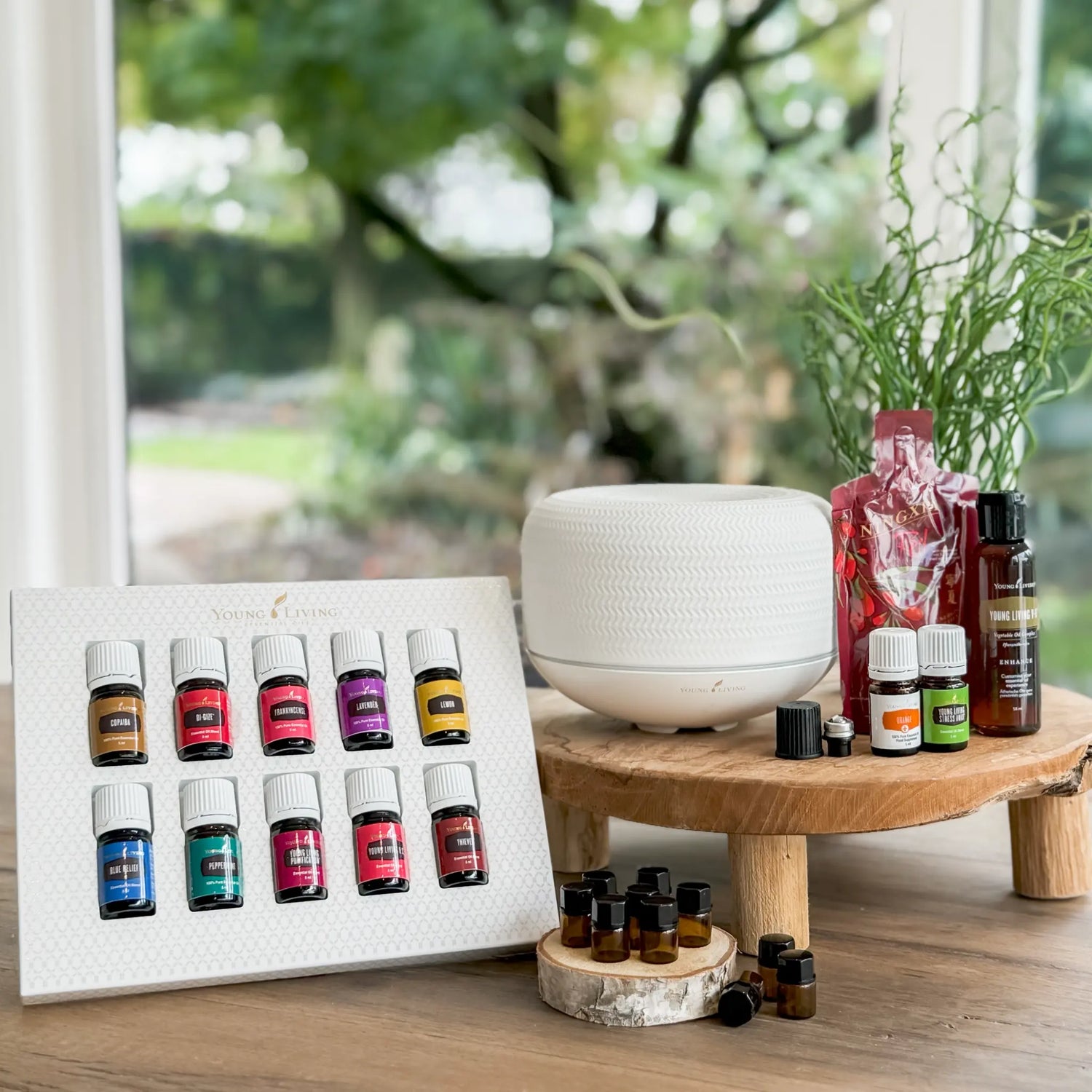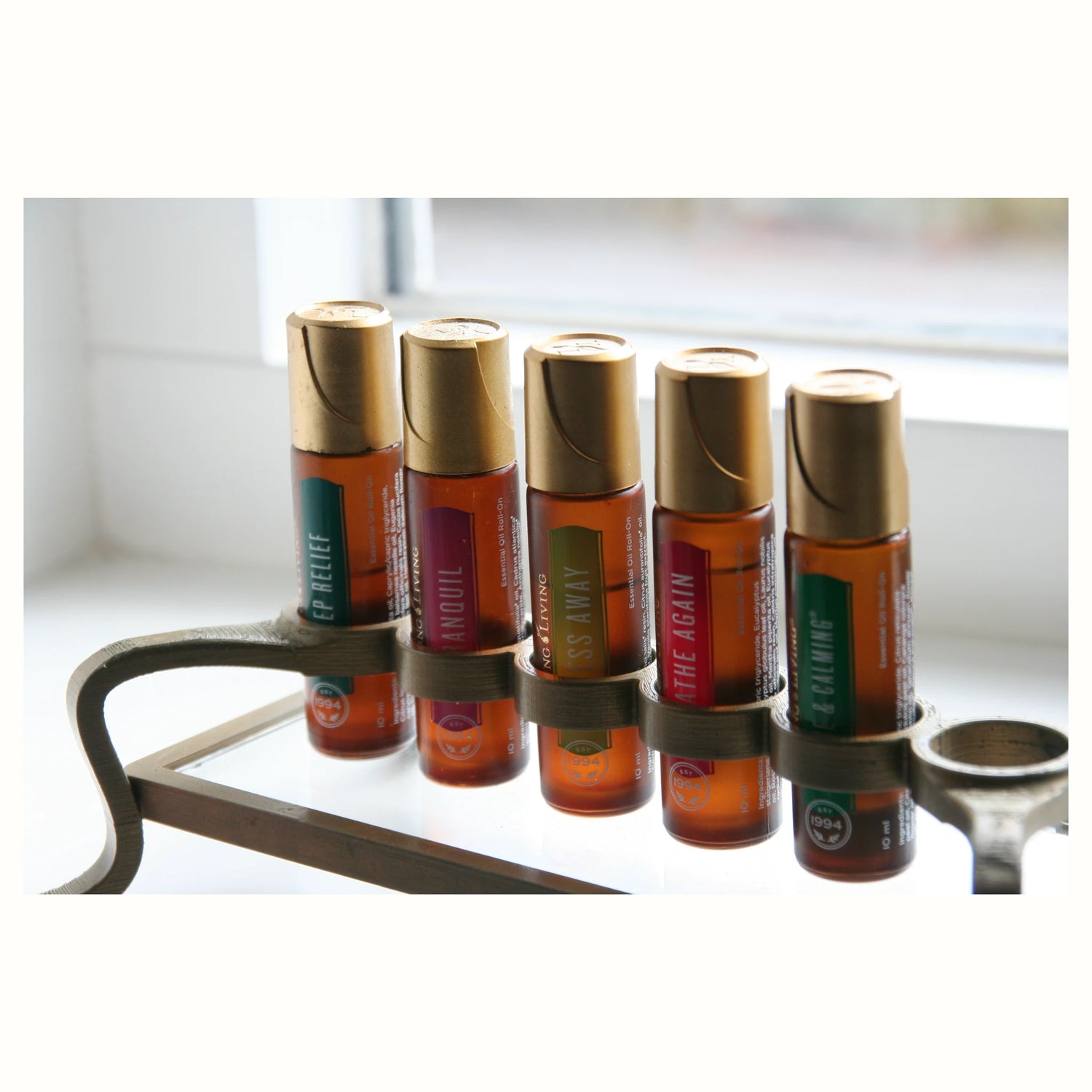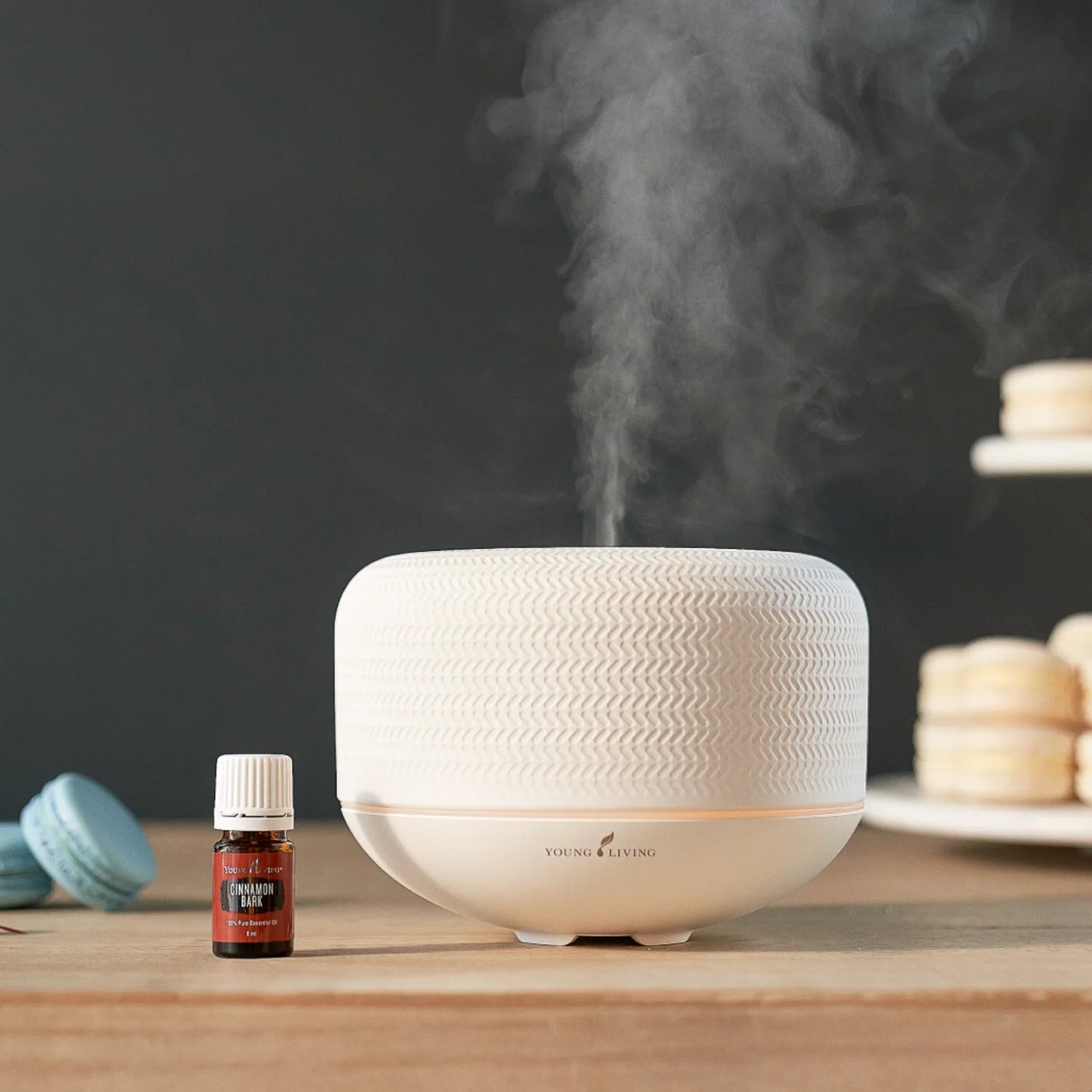
Combining Essential Oils and Medication? Here’s What You Need to Know for Safe Use
Essential Oils and Medication: A Safe Combination? Here’s What You Need to Know!
Essential oils are known for their natural power and wide application in holistic wellness. From relaxation to immune support – many people swear by them. But what if you are taking medication? Can you still safely enjoy these fragrant gifts from nature, or are there risks to be aware of? Let’s dive into the facts!
Why Essential Oils Can Interact With Medications
Although they are pure and natural, that does not automatically mean that essential oils are always safe to use with medications. Essential oils contain powerful bioactive compounds that can affect how your body absorbs, breaks down, and uses medications. This is mainly due to interactions with liver enzymes, such as CYP3A4 and CYP2D6, which play a major role in drug metabolism.
For example, research shows that grapefruit oil and peppermint oil can inhibit these enzymes, causing some medications to be broken down more slowly and more powerful than intended. On the other hand, St. John's wort oil can speed up the breakdown, making medications less effective.
What do the numbers say?
A scientific review published in Frontiers in Pharmacology (2021) found that approximately 30% of drug interactions involving herbs and essential oils involve enzyme inhibition or activation in the liver. Additionally, a study from Molecules (2020) found that oils such as tea tree and eucalyptus can in some cases interfere with the absorption of medications through the skin, which is important if you are using medicated creams or patches.
Although these interactions do not occur in everyone and depend on dose, frequency and your personal metabolism, it is good to be aware of possible effects.
Which combinations deserve extra attention?
While not all essential oils pose a risk, there are a few that require extra caution if you are taking certain medications:
🔹 Blood Pressure Medication – Rosemary and sage can increase blood pressure, which can be detrimental if you are already taking medication for high blood pressure.
🔹 Blood thinners (such as aspirin or warfarin) – Wintergreen and cloves contain methyl salicylate, a substance that can thin the blood.
🔹 Antidepressants – Bergamot and lavender can affect serotonin levels, which may interact with SSRIs.
🔹 Diabetes medication – Cinnamon oil has blood sugar lowering properties, which may affect insulin or metformin.
How to use essential oils safely with medications?
Want to enjoy the benefits of essential oils without compromising your medication? Consider these tips:
✅ Always consult a professional – Discuss the use of essential oils with your doctor or therapist, especially if you are taking medications that are processed through the liver.
✅ Choose the right application – Inhalation usually has less impact on medication than internal use or application to the skin.
✅ Listen to your body – If you notice any unusual reactions, stop temporarily and see if there is a connection.
✅ Use small amounts – Essential oils are powerful, and less is often more.
Balance between nature and science
Essential oils can provide fantastic support for your well-being, even if you are taking medication. The key lies in conscious use and good attunement to your situation. At Suzanne Shares we always look at the whole: how energy, resistance and recovery power come together on the way to a better quality of life. Do you have questions about the use of essential oils in your personal situation? Feel free to contact us for a holistic view of your health!
💛 Your body, your intuition, your balance. 💛
Contact us for a measurement and your personal plan!
Are you ready to take back control of your health?
📍 At Suzanne Shares with over 6 years of experience, we are happy to guide you with a holistic view of your well-being. Success guaranteed!
Read more: What the biomarker scan reveals within a few minutes. 🚀💖




